Burnout vs Depression: All You Need to Know About the Differences Between Burnout and Depression
Burnout and depression can feel relatively the same but are two different mental health conditions. Understanding each condition's causes, symptoms, treatment, and coping mechanisms is vital to getting the help you need to start feeling fine again.


Back
9 mins read
Have you been experiencing exhaustion, loss of interest, fatigue, low mood, insomnia, lack of motivation, difficulty concentrating, and a general negative outlook? You might be suffering from burnout or depression.
Or maybe both...
It can be difficult to distinguish between these two conditions as they have overlapping characteristics. But they're actually very different.
For starters, burnout is a form of physical, emotional, and mental exhaustion that stems from feeling overwhelmed and swamped, usually from chronically adverse working conditions or any emotionally draining situation. On the other hand, depression is a diagnosable clinical condition that can lead to various physical and mental problems.
This article analyzes the relationship between burnout and depression. More often than not, prolonged burnout can manifest into full-blown depression with more severe symptoms. But people who live with depression won't always experience burnout.
Learn how to identify and resolve these two conditions.
Burnout: Quick Overview
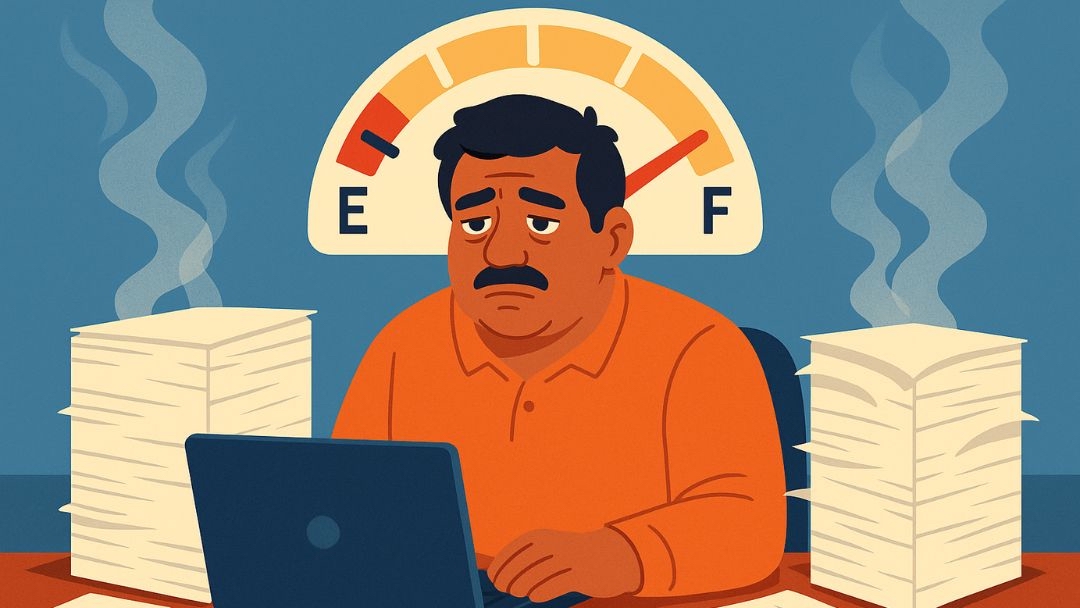
Before we can look at the differences between burnout and depression, we need to understand what each condition is.
The term "burnout" was initially used to describe the effects of severe stress in helping professionals like nurses, doctors, therapists, etc. With these jobs being physically, mentally, and emotionally draining, one can feel exhausted and unable to cope.
Today, burnout is a general term for emotional, mental, and physical exhaustion. Typically, burnout is associated with work or job stressors. Some careers are more prone to burnout-inducing conditions, so much so that they have earned their own names — physician burnout, teacher burnout, nursing burnout, and therapist burnout are a few examples.
However, research has found that any aspect of life can lead to burnout. For instance, there is parental burnout and caregiver burnout. These, too, can be rewarding but demanding roles characterized by exhaustion, chronic stress, and a feeling of no longer being able to continue.
Life can be stressful. And anyone can develop burnout if they're under long-term exposure to stress, overworking, emotionally demanding situations, and pushing too hard without proper self-care.
Burnout can drain your physical and mental energy. After an extended period, you can feel like you have nothing left to give; your tank is empty. It's important to recognize the signs and symptoms of burnout so you can work on getting better and prevent the adverse long-term effects. In that case, here are some common symptoms to watch out for:
- Lack of energy
- Headaches
- Gastrointestinal issues
- Hopelessness
- Anxiety
- Irritability
- Feeling exhausted and numb
- Insomnia
- Feeling detached from activities you once enjoyed or cared about, like your job
- Reduced concentration
- Sluggishness
- Lack of creativity
- Reduced work performance
- Unhappy at your job
- Lack of motivation or interest
- Having identity issues
- Cynicism, etc
For more information about burnout syndrome, read this in-depth guide.
Depression: Quick Overview
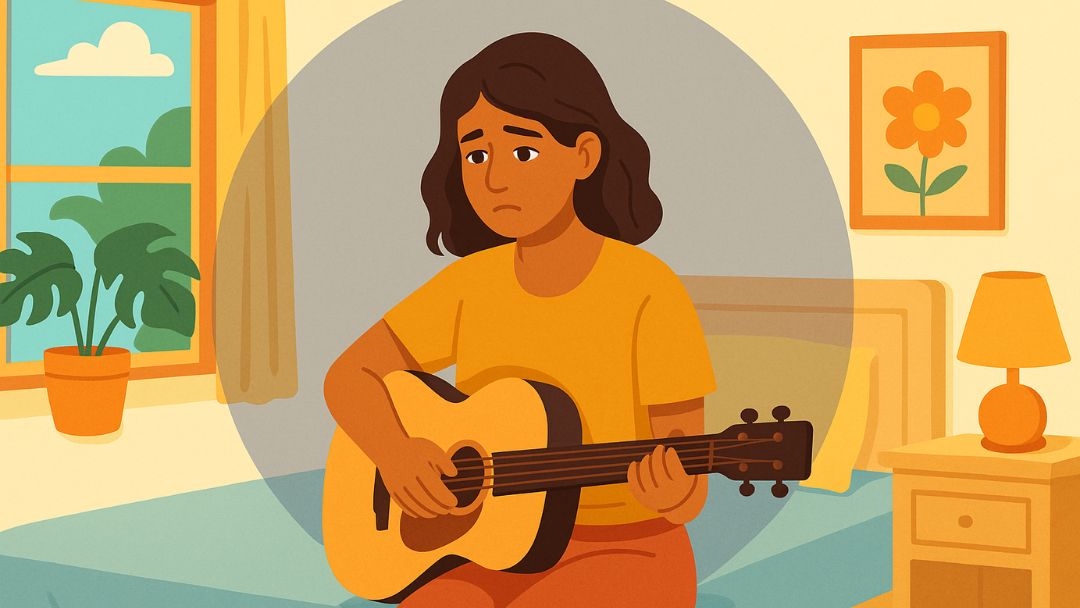
Depression is a clinical diagnosis characterized by feelings of sadness, hopelessness, a low mood, and a loss of interest in things you once enjoyed. You may be doing a hobby you once loved but now hate it. Or perhaps you loved watching "Friends," but it no longer has the same enjoyable effect.
Like burnout, depression is prevalent, affecting nearly one in ten Americans and an estimated 3.8% of the world population. People with depression have the following symptoms:
- Have difficulty sleeping
- Difficulty concentrating
- Isolate themselves from others
- Overwhelmed with sadness
- Feeling empty or hopeless
- Appetite changes
- Lack the energy to do basic things like showering or eating
- Chronic fatigue
In severe cases, depression can cause you to have thoughts of worthlessness, guilt, or that life is not worth living. This can cause thoughts of self-harm or harming others.
A mix of genetic and environmental factors causes depression. This means that people who have or are undergoing a traumatic or stressful event or those with a personal or family history of depression are more prone to developing depression.
Burnout can also be a risk factor for depression (and vice versa), as we will see later on. Chronic stress can also lead to physical illness, which can then cause depressive symptoms.
For more information about depression, read this in-depth guide.
What Is the Difference Between Burnout and Depression?
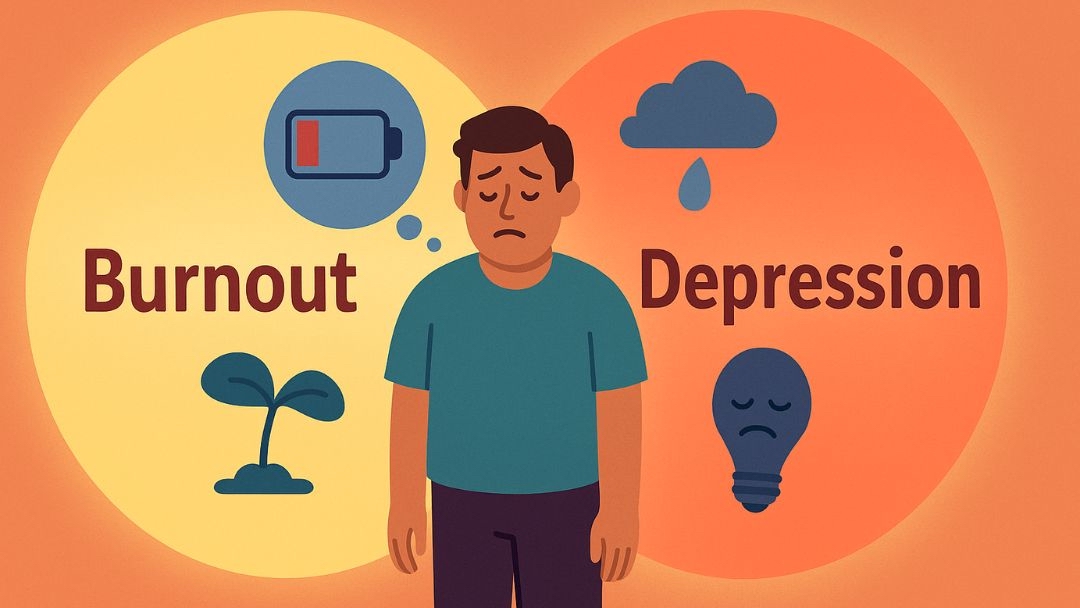
When we talk about burnout and depression, it’s important to keep in mind that depression can be a symptom of burnout. Burnout is a syndrome that can cause depression (more on this below). Additionally, people who have a pre-existing or genetic predisposition for depression are more likely to experience depressive symptoms when dealing with burnout.
With that being said, there are specific differences between depression and burnout.
These two conditions are different in terms of causes, symptoms, and treatment. And this information will help you know how to fight burnout and depression.
Causes of Depression vs. Burnout
Many things could contribute to depression, including stressful events, hormonal changes, other mental health problems, genetics, physical health problems, alcohol and drug abuse, etc.
Many people with depression refer to a downward spiral of events before diagnosis. For example, someone may have started drinking after losing their job, leading to marital problems and losing friends. All these factors can easily trigger depression.
Meanwhile, burnout can be traced back to a specific cause(s) within the workplace or at home. Common causes include:
- Low pay
- Unreasonable work and personal demands
- Lack of social support
- Lack of resources
- Job dissatisfaction
- Unclear job expectations
- Toxic work environments
- Work-life imbalance
- Unsafe working conditions
- Unattainable goals and deadlines
- Lack of control
- Demands for constant care
- Lack of appreciation, recognition, or rewards
Differences in Symptoms of Burnout vs. Depression
From the definitions above, you can see that there are overlapping symptoms of burnout and depression, including low mood, changes in appetite, loss of interest, difficulty concentrating, and insomnia, to name a few. But depression is a mental illness with additional symptoms like irritability, low self-esteem, prolonged sadness, and suicidal thoughts or thoughts of death.
Secondly, the American Psychiatric Association states that your symptoms must last over two weeks to qualify as depression. But there's no strict timeline for experiencing burnout symptoms but they take time to develop and don’t “just appear out of the blue.” They will also get worse over time if there are no changes.
With burnout, you may not have energy for the things you usually like, even though you would enjoy doing them if you are able to muster up the energy. But with depression, you might not find these once enjoyable activities fun or pleasant in the first place.
Differences in Treatment Options for Burnout and Depression
Another key differentiator is that during the early stages, you can resolve burnout by simply stepping away from the stressor. For instance, you could take a few days off work or go on vacation to recharge. If you're experiencing parental or caregiver burnout, a strong support system and help from others can help alleviate the symptoms of burnout. Lifestyle changes like exercising, sleeping well, guided meditation, and setting boundaries can also help.
On the other hand, depression requires more than changing your circumstances. Medication and therapy may be needed to help you get back to your usual self.
When toxic work conditions are ongoing and the stress is chronic, it can develop into full-blown burnout syndrome, which is almost always associated with depressive symptoms. When clinical or situational depression is present with burnout, medical, pharmaceutical, and/or therapeutic interventions may be required.
Summary of Burnout and Depression Differences
As you can see, there are many similarities and overlapping symptoms between burnout and depression. The key difference is that burnout is a syndrome with a distinctive causation, and depression is a mental illness.
Burnout:
- Is recognized by WHO as an occupational phenomenon, but the American Psychiatric Association doesn't recognize it as a disease.
- Over 75% of employees have experienced burnout at their current job.
- Does not require medical treatment, but if left unmanaged, it can cause physical and mental health conditions that require treatment.
- Is caused by environmental factors.
Depression:
- Is recognized as a mental illness with a diagnosis outlined in the DSM-5.
- Affects 1 in 10 Americans each year.
- Is treated with lifestyle changes, medications, and therapy.
- Has environmental and genetic roots.
People experiencing work burnout can present with varying degrees of depressive symptoms — some of which may be addressed by making changes in your job situation. But remember, if your symptoms are severe, your doctor must diagnose you with depression before you can start treatment properly.
Can Burnout Cause Depression?
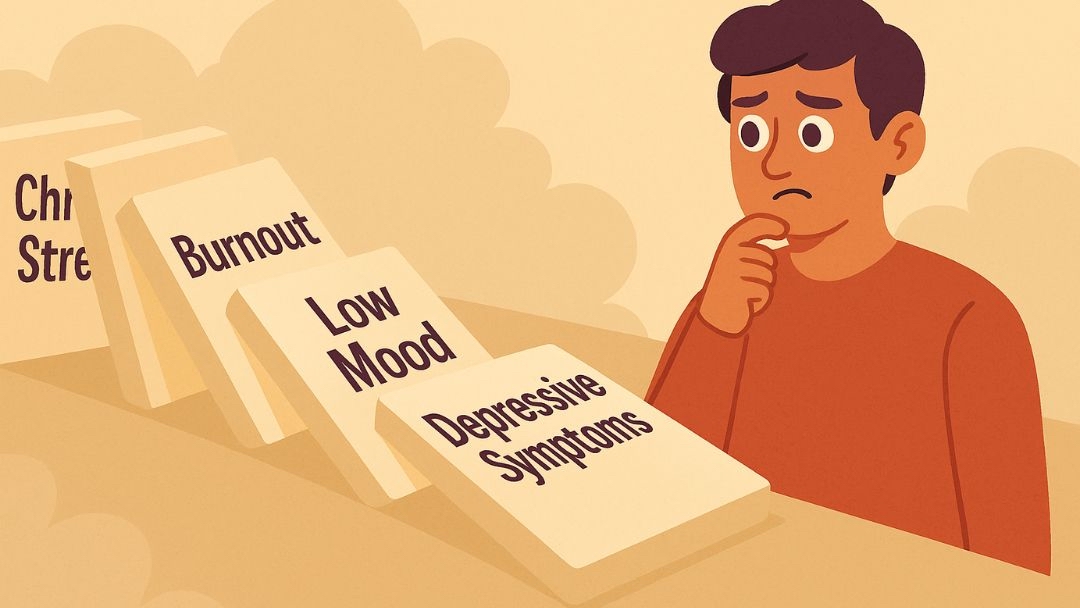
Burnout and depression have a relationship, and since there's a lot of overlap, these conditions can occur simultaneously or contribute to each other.
So, what causes depression in burnout? Several factors can contribute to the development of depression in burned-out individuals. As we have stated, burnout is a response to chronic stress in the workplace (as well as when in a caretaking role), and stress can be a huge contributing factor to depression.
Secondly, burnout is characterized by exhaustion and feeling detached from your work, which can often lead to symptoms of depression like loss of interest and fatigue. When you no longer find happiness, fulfillment, and satisfaction in your work, it can make you feel empty, hopeless, and lack of joy, which are common symptoms of depression.
Additionally, burnout can often make people feel less effective in their roles, eventually leading to a loss of self-esteem and constant self-criticism. And these two play a significant role in how you feel, particularly with mood disorders like depression.
In some instances, the link from burnout to depression can be indirect; here's how.
According to the American Psychological Association, prolonged and untreated burnout can harm workers' physical health in many ways. The same report shows that burned-out workers have a lower immune system and are at an increased risk of cardiovascular disease, obesity, smoking, alcohol consumption and drug use, diabetes, and sleep disorders. And since these illnesses can cause a lot of disruption in a patient's life, they can trigger depressive symptoms.
Can Job Burnout Cause Depression?
For most people, work gives us meaning by allowing us to integrate and participate in society. And given how much time and energy we spend at work, it's natural that work identities contribute considerably to our identities.
Therefore, if a person feels burned out due to work-related stress, those negative feelings can sip into other parts of their lives. The persistent feeling of exhaustion and dissatisfaction associated with job burnout can affect your resilience and coping mechanisms in other areas of life, making you more vulnerable to developing a depressive episode. This cycle is especially true if you have an underlying risk factor for depression and lack proper support.
Can Depression Cause Burnout?
When a person experiences depression, they face a range of symptoms like loss of interest and persistent sadness, feelings of worthlessness, fatigue, etc. These symptoms can affect their ability to function effectively in their professional life, leading to a decreased sense of accomplishment and satisfaction in their job.
Over time, these factors can contribute to burnout. Also, depression increases the risk of stress and reduces one's coping mechanism, making them more prone to burnout.
Stress vs Burnout vs Depression
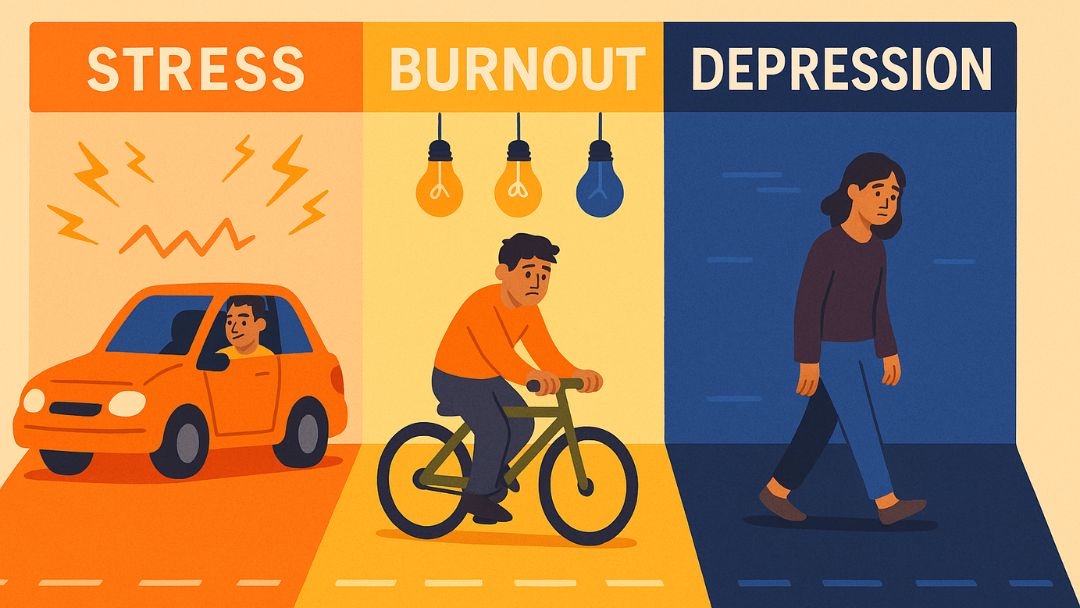
Stress, burnout, and depression can have overlapping symptoms, including feeling overwhelmed, anxious, fatigued, low energy, difficulty sleeping, difficulty concentrating, physical symptoms like headache and body aches, etc.
Even so, they are distinct concepts with different characteristics. We've discussed burnout and depression, so let's define stress.
Stress is a natural response to everyday pressures. It can be caused by various factors, such as work pressures, relationship difficulties, illness, financial struggles, major life changes, problems in school, parenting struggles, and day-to-day inconveniences, to name a few.
We've seen from the information above that burnout is how the body responds to chronic stress in the workplace (or caregiving role). And this can often trigger anxious behavior, which means more stress. Also, burnout can contribute to depressive symptoms.
In short, a combination of factors can create a cycle where you experience stress, burnout, and depression simultaneously, or these conditions contribute to each other.
It's important to note that not everyone who experiences stress will experience burnout or will develop depression. The latter is a distinct clinical condition with various biological and environmental causes. It involves a range of symptoms beyond those associated with stress or burnout. Plus, the causes and interactions between these three conditions will vary from one person to another.
If you're experiencing persistent or worsening symptoms of stress, burnout, or depression, it's advisable to seek professional help. A mental health provider will help you understand the specific factors contributing to your condition and guide you through the appropriate treatment and coping strategies.
How to Overcome Burnout and Depression
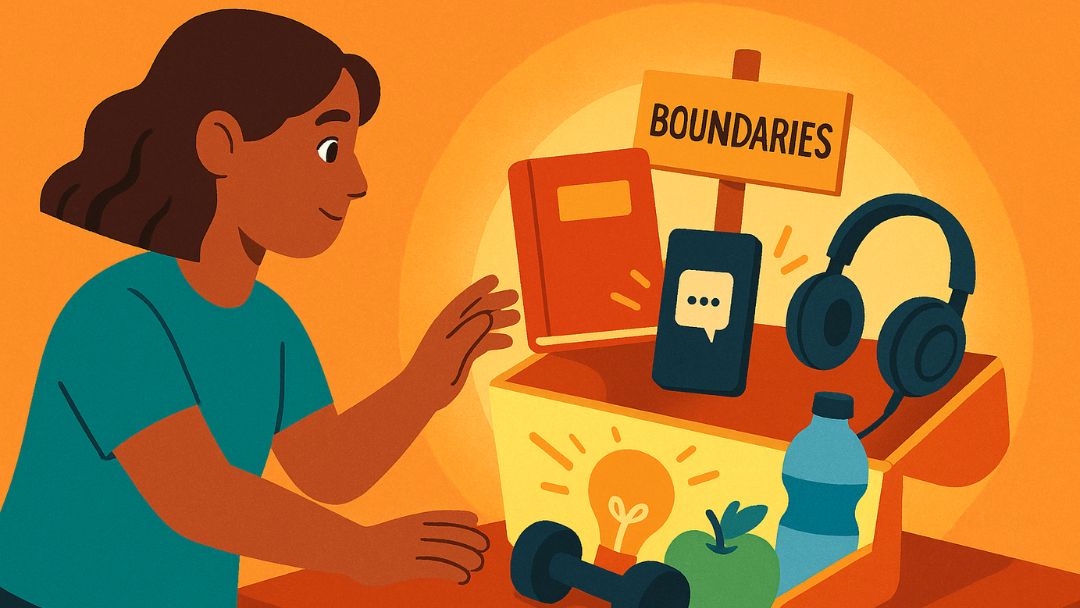
Since many symptoms of burnout and depression overlap, the methods of prevention and coping can be similar. While you can't always quit, change careers, or lessen your other worries in life, you can try the following to overcome burnout and depression:
- Practice self-care
- Consider your priorities
- Ask for and accept help
- Practice meditation and other relaxation techniques to calm your mind and reduce your mental burden.
- Exercise and eat healthily to reduce stress and prevent burnout. These two tips will also improve your mental health and physical well-being, thus helping to prevent depression.
- Take breaks to help you rejuvenate.
- Do what you can to improve your work-life balance.
- Setting firm boundaries around your time and expectations will prevent you from being exploited, succumbing to external pressures, or pushing yourself beyond your limits.
- Address sources of stress. For instance, if money is a problem, can you budget better or find better-paying jobs?
- Manage your time more effectively.
- Be proactive in preventing stress by regularly engaging in things that bring you more positivity, joy, and happiness.
- Connect with others and share your feelings with friends and family.
As mentioned earlier, clinical depression is a mental illness requiring more than lifestyle changes. Therapy is usually the first line of treatment to help you identify and change troubling thoughts and behaviors. Your doctor may also prescribe antidepressants or use electroconvulsive therapy (ECT) in more severe cases of clinical depression.
Seeking Professional Help for Depression in Burnout
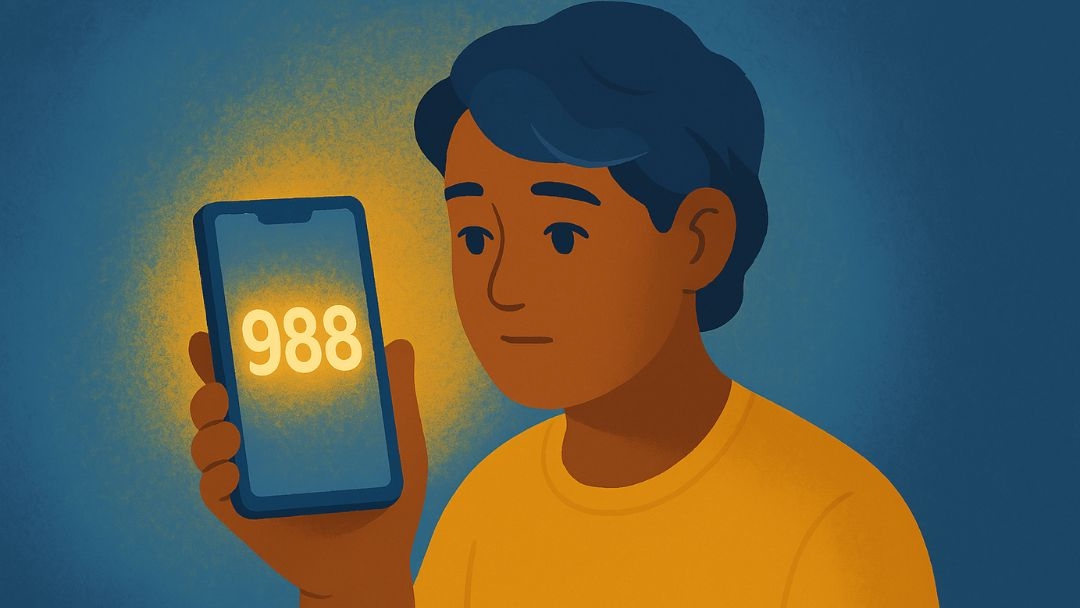
It's always a good idea to seek professional help if you feel physically and mentally exhausted and these feelings do not go away.
Although burnout is not a direct cause of suicide, the chronic stress and emotional exhaustion associated with it can contribute to suicidal thoughts. A study shows a particularly increased risk of suicidal ideation due to job burnout in healthcare workers and those working high-stake jobs.
Note that suicide is a complex issue involving multiple factors. Burnout alone may not lead someone to attempt or complete suicide, but other personal, psychological, and social factors can come into play.
Severe depression, especially when accompanied with feelings of hopelessness, can often lead to thoughts of self-harm, suicide, or harming others.
If you or your loved one is showing signs of distress, including having suicidal thoughts or attempting suicide, it's vital to seek immediate help.
You can dial or text 988 to reach the US Suicide & Crisis Lifeline. They can provide the necessary support, guidance, and resources to help address the situation and ensure the safety and well-being of those involved. Those outside the US can search the International Association for Suicide Prevention to find a helpline in your country.


Return to Blog




